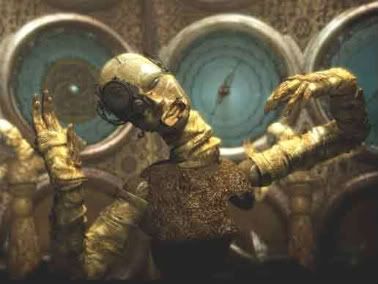PERSONAL FUTURES.
This post is taken from my old blog, but I include it here, as I think it says something important. It covers the central theme of my book, Sage of Synchronicity.
“If you follow your bliss, doors will open for you that wouldn’t have opened for anyone else.”
Joseph Campbell.
“Most men live lives of quiet desperation and go to the grave with their song still in them.”
Henry David Thoreau.
Many people, perhaps most, live lives of quiet desperation, as Thoreau famously stated. They drift through life with an uneasy feeling that they are simply not doing what they are meant to be doing, not being who they are meant to be. There is nagging voice, just out of earshot, whispering, trying to tell them something. But the voice, and its mysterious message, is frustratingly difficult to hear. So they just move on, sleepwalking their way towards a future they hope will fulfill them, but never does.
They miss their Bliss.
Are you a bit like this? A lot like this? I certainly once was. But before I get to that, let’s think for a moment. What exactly does it mean to live your Bliss?
Joseph Campbell was fond of telling people to live their bliss. I cannot speak for the late Campbell, but after many years of probing the depths of human consciousness, I have seen that human beings do have an innate capacity to live their Bliss – to discover their soul calling and to embody it. This includes you. You have the potential to live your Bliss.
Let’s be clear on something. Your Bliss, as I define it, is not a goal, not something that you simply envisage, aim for and achieve.




















